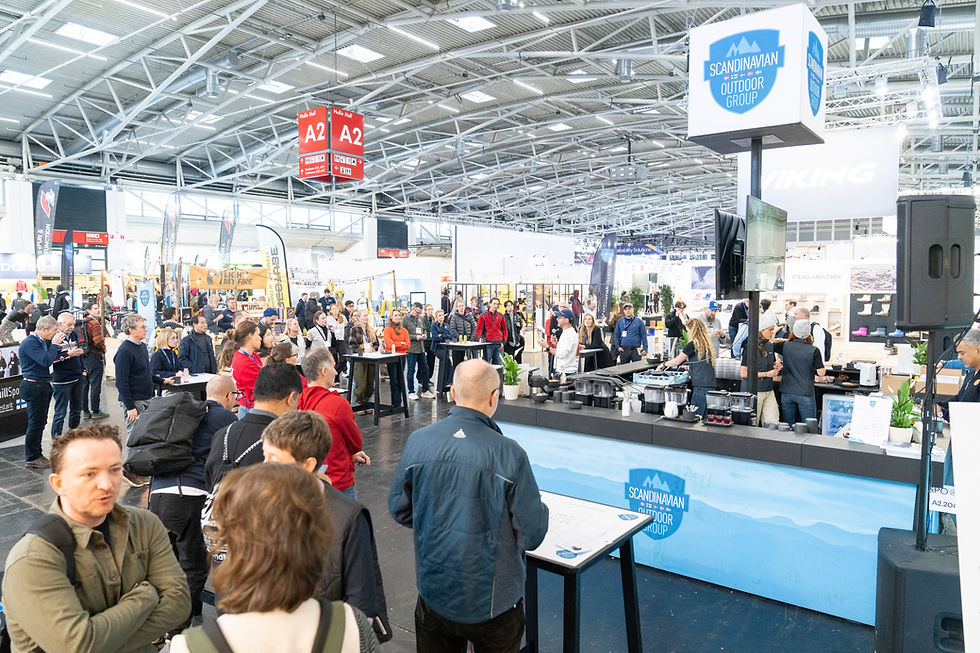Global is out. Local is in. But maybe not for the reason you think.
- fredrik ekstrom
- 22 okt. 2025
- 2 min läsning
Ipsos 2025 reports that 70% of consumers now prefer to buy products made in their own country. A huge shift, especially for global lifestyle brands.
Report: https://lnkd.in/ddeHVDn4
But here’s what’s interesting:
In our Above The Clouds x studioMMO4—The NXT Consumer Germany—report, when people were asked what characterizes a “sustainability dream brand,” only 3% mentioned that local production characterizes a brand towards being a sustainability dream brand.
Report: https://lnkd.in/dZHZtebG

So if it’s not sustainability that’s driving this localism… what is?
I believe we’re seeing something deeper and more complex:
1) Geopolitical distrust
Global trade tensions and nationalism (e.g. U.S.–China decoupling, EU debates, etc.) are politicizing purchasing. Consumers are expressing national loyalty or scepticism toward foreign powers through what they buy.
Ipsos highlights this as a fracture in globalisation, not necessarily a rise in environmental consciousness.
2) Cultural familiarity & identity
In an unstable world, local brands feel safer, more “like me”. It’s a form of emotional risk-reduction and an identity statement, not an environmental one.
Locality here signals cultural relevance, not carbon savings.
3) Economic pragmatism
Post-COVID and inflation-era realities have made supply chain resilience and availability key concerns. “Local” is perceived as more reliable, even if it’s not more sustainable.
4) Mistrust in greenwashing
Some consumers may trust local companies more to be ethical and transparent, not because they’re more sustainable, but because they’re more accountable and visible.
5) Retail nationalism
Particularly in Germany and Nordic markets, there’s a historic undercurrent of retail nationalism, supporting local economies and SMEs as an act of social responsibility, not necessarily environmentalism.
In short, the new “local” is not about being greener. It’s often about feeling safer, prouder, and more connected. This is an important aspect!
As a strategist working with global brands from a Nordic base, this is a trend we can’t ignore. “Local” may be emotional, political or cultural, but either way, it’s a powerful consumer signal. .
How can global brands feel more local, without pretending to be something they’re not? Local activations, need a local mindset and a local playbook.



Kommentarer